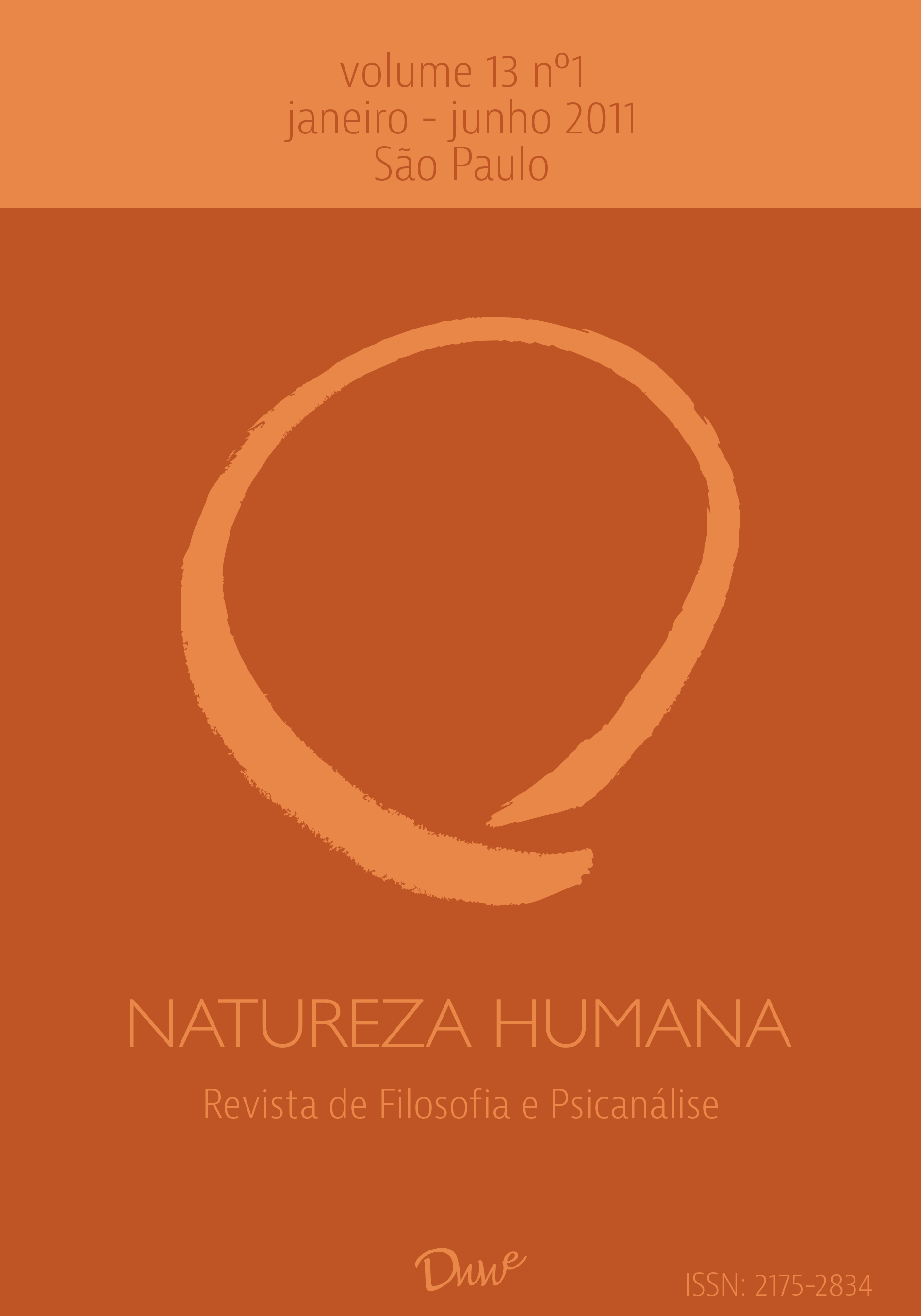Concept and decision: phenomenology, formal indications and the feasibility of the "science of being"
DOI:
https://doi.org/10.59539/2175-2834-v13n1-971Keywords:
Heidegger; phenomenology; formal indications; fundamental ontology.Abstract
This article aims to present and analyze the delimitation, the definition and the method proposed by Heidegger for the drawing up of the "science of being" in The basic problems of phenomenology, of 1927, and Being and time. It aims at establishing the definition of ontology in contraposition to worldviews and positive sciences, emphasizing the uniqueness of its object, whose thematization demands a phenomenological procedure itself marked by what Heidegger calls "formal indication" and that finds its central and paramount fulfilment in the existential analytic of Being and time. The analysis of the critical and the transcendental sense of the project of the science of being is realized and, finally, the viability of the project considered in the light of the aporia in which it constitutes itself.Downloads
Published
2024-10-02 — Updated on 2011-10-02
How to Cite
Fragozo, F. (2011). Concept and decision: phenomenology, formal indications and the feasibility of the "science of being" . Human Nature - International Philosophy and Psychology Review, 13(1), 53–64. https://doi.org/10.59539/2175-2834-v13n1-971
Issue
Section
Artigos








